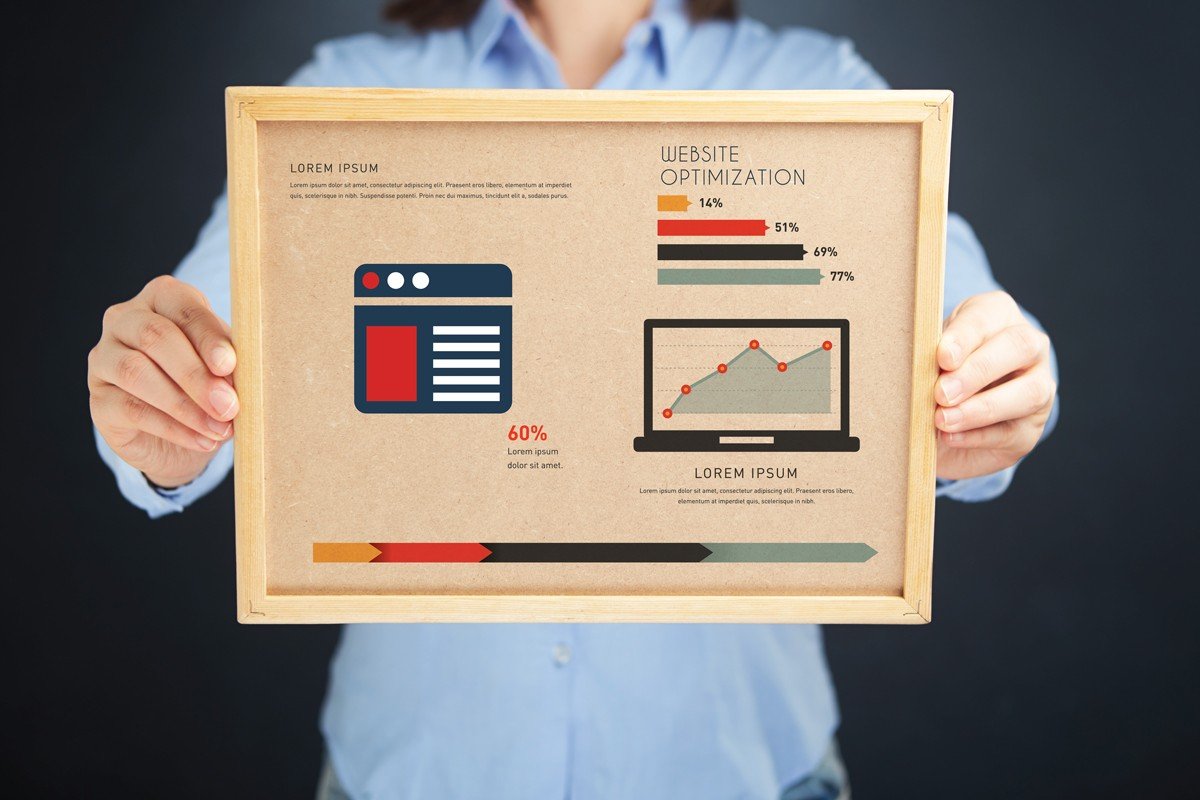Ahoy there! Have you ever been tempted to download that expensive software for free? You’re not alone. But before you weigh anchor and navigate towards pirate software sites, you need to understand the dangers of such actions. Besides being illegal, pirate software can cause havoc on your computer and pose a risk to your privacy.
Don’t let the allure of free software sink your ship. In this article, we’ll dive deep into the dangers of pirate software and explore ways to protect yourself from the risks of cracked software.
Key Takeaways:
- Pirate software is illegal and poses a risk to your computer and privacy.
- Downloading cracked software can lead to malware infections and compromised security.
- To stay protected, it’s essential to avoid pirate software sites and download only from legitimate sources.
The Dangers of Software Piracy
Yo ho ho and a bottle of trouble! Software piracy may seem like a fun and easy way to save some cash, but it’s like sailing into a storm without a compass – you’re just asking for trouble. By downloading and using illegal software, you’re not only breaking the law, but you’re also putting your computer and personal data at risk.
Illegal software downloads can often come loaded with hidden malware and viruses that can wreak havoc on your system. These programs can slow down your computer, cause crashes, and even steal your personal information, such as passwords and credit card numbers.
But the danger doesn’t stop there. By downloading pirated software, you could also be exposing yourself to legal consequences. Software piracy is a crime, and if you’re caught, you could face hefty fines, legal fees, and even prison time.
So, it’s best to steer clear of illegal software downloads and stick to legitimate software from trusted sources. Not only will you be protecting your computer and personal information, but you’ll also be supporting the hard-working developers who put in the time and effort to create these programs.
Unmasking the Pirate Software Websites
Ahoy there, matey! Are you in search of some irresistible software deals online? Beware of those pirate software websites, arrr! These sites offer pirated software downloads, which are not only illegal but also a major threat to your digital security.
Pirate software websites can be disguised as innocent-looking websites, but don’t be fooled by their cover. They offer unauthorized and unregulated software downloads, potentially exposing your device to malware and viruses. These sites are also known for stealing users’ personal information and selling it to third-party companies.
Moreover, downloading pirated software from these sites can result in hefty fines and even legal consequences. It’s not worth risking your financial and legal well-being for a few dollars saved on software.
In order to avoid these dangers, you must be cautious of any websites offering free software downloads, especially if they are not from legitimate sources. Stick to authorized software retailers and manufacturers, as they offer reliable products and often provide customer support.
In conclusion, keep your digital security a top priority and steer clear of pirate software websites. It may be tempting to save a few bucks, but the risks and consequences are not worth it.
Cracked Software: A Crack in Your Digital Armor
So, you’re tempted to download that cracked software. We get it. The price of software can be steep, and cracking it seems like a quick and easy solution. But beware, matey, for that cracked software is a crack in your digital armor.
Firstly, let’s make it clear what we mean by cracked software. It’s software that has been illegally tampered with to bypass its security features. Essentially, it’s stolen software.
Now, you may think that downloading cracked software is a victimless crime, but that’s where you’re wrong. Not only is it illegal, but it also poses a significant risk to your computer and personal information.
Software cracking often involves adding malicious code to the software, which can be used to steal your data, infect your computer with viruses, or even take control of your device. That “free” software could end up costing you a lot more than the legitimate version.
Moreover, downloading cracked software is a surefire way to get on the radar of law enforcement and anti-piracy organizations. They’re always on the lookout for illegal downloaders, and you don’t want to be the one caught with your digital pants down.
So, if you want to stay safe on the digital seas, steer clear of cracked software and stick to legitimate options. Your wallet and your computer will thank you.
Sailing Safely: Protecting Yourself Against Pirate Software
Ahoy, matey! While the allure of free software may seem as tempting as a treasure chest overflowing with gold, the risks of downloading pirated and illegal software can be just as dangerous as crossing paths with Blackbeard himself.
Not only are you breaking the law by downloading pirated software, but you’re also exposing yourself to a variety of digital threats. Pirate software websites often contain malware and viruses, which can steal your personal information and wreak havoc on your computer system. Plus, downloading these illegal programs can result in hefty fines and legal action.
So, to keep your digital ship sailing smoothly, follow these tips for protecting yourself against pirate software:
- Stick to reputable sources: Before downloading any software, make sure it’s from a trusted source. Stick to official websites or reputable download portals, and always read reviews and user feedback before hitting the download button.
- Invest in anti-virus software: Protect your computer from malware and viruses by installing anti-virus software, and make sure to keep it updated regularly.
- Avoid suspicious offers: If an offer seems too good to be true, it probably is. Be wary of websites offering free or heavily discounted software, as these are often scams or contain illegal downloads.
- Be mindful of emails: Don’t fall victim to phishing scams. Avoid opening attachments or clicking on links in emails from unknown senders, as these can contain malware or redirect you to a fake website.
- Support software developers: By purchasing and supporting official software, you’ll not only be avoiding legal trouble, but you’ll also be supporting the hard work and innovation of software developers.
Remember, downloading pirate software may seem like a quick and easy solution, but it’s not worth the risks. By following these tips and navigating the digital seas safely, you’ll be able to protect yourself and your digital assets from harm.
Sailing Safely: Protecting Yourself Against Pirate Software
You’ve learned about the dangers of pirate software, but what can you do to protect yourself from it? It may seem daunting, but with the right tools and knowledge, you can sail safely in the digital seas.
First and foremost, it’s essential to avoid downloading illegal software from pirate software websites. These sites may promise free downloads of popular programs, but they often come with a catch – malware, viruses, or even hackers gaining access to your personal information. Stick to legitimate sources for software downloads, such as the official website or a trusted retailer.
Even if you’re downloading software from a legitimate source, be wary of cracked versions. Cracked software is essentially illegal software that has been tampered with to bypass copy protection. Not only is this illegal, but it can also lead to security vulnerabilities and unstable software performance. It’s always best to purchase a legal copy of the software or use free alternatives.
An additional step to take in protecting yourself against pirate software is to utilize anti-virus software. These programs can help detect and remove potential threats from your computer, such as malware or viruses that may have slipped through during the software download process.
Finally, consider educating others about the risks of pirate software. Many people may not be aware of the dangers they pose, and by spreading the word, you can help prevent others from falling prey to these tactics.
Remember, protecting yourself against pirate software involves being vigilant and proactive in your digital activities. Stick to legal software sources, avoid cracked versions, use anti-virus software, and educate others. Together, we can navigate the digital seas safely.
FAQ
Q: What is pirate software?
A: Pirate software refers to illegally copied or distributed software. It is often obtained without the proper licensing or authorization from the software’s developers or owners.
Q: How is pirate software different from legal software?
A: Pirate software is obtained and used without the proper permission or license, while legal software is purchased or licensed from the software’s creators or authorized vendors.
Q: What are the risks of using pirate software?
A: Using pirate software can expose you to various risks, including malware infections, compromised personal data, legal consequences, and lack of software updates and support.
Q: Can I get in trouble for using pirate software?
A: Yes, using pirate software is illegal and can result in legal consequences, including fines and even criminal charges.
Q: How can I protect myself from pirate software?
A: To protect yourself, always purchase or obtain software from reputable sources, use antivirus software, keep your operating system and software updated, and be cautious of websites offering free or discounted software.
Q: What should I do if I come across a pirate software website?
A: If you come across a pirate software website, it is best to avoid downloading or using any software from that site. Report the website to the appropriate authorities if possible.









